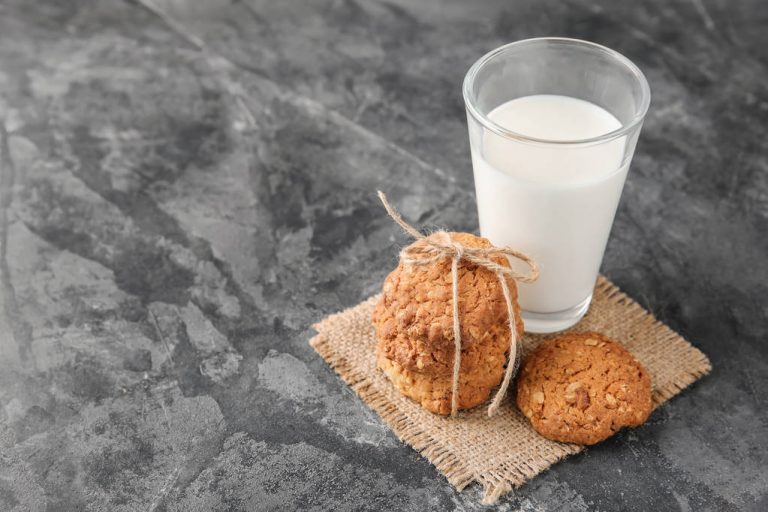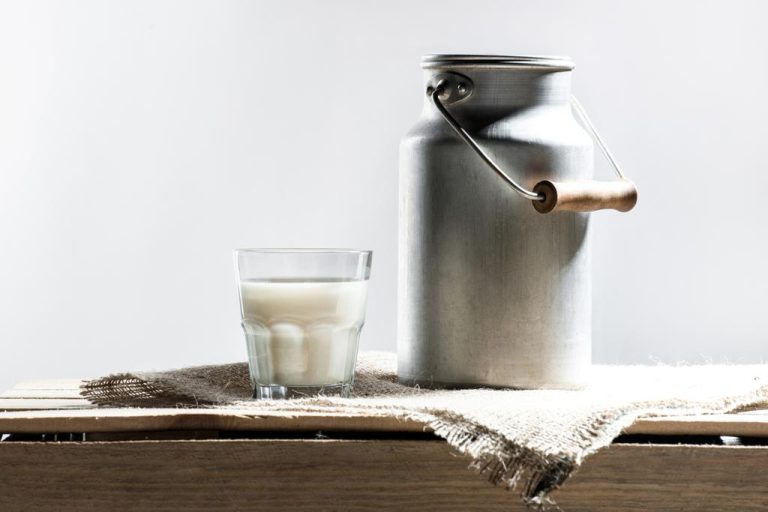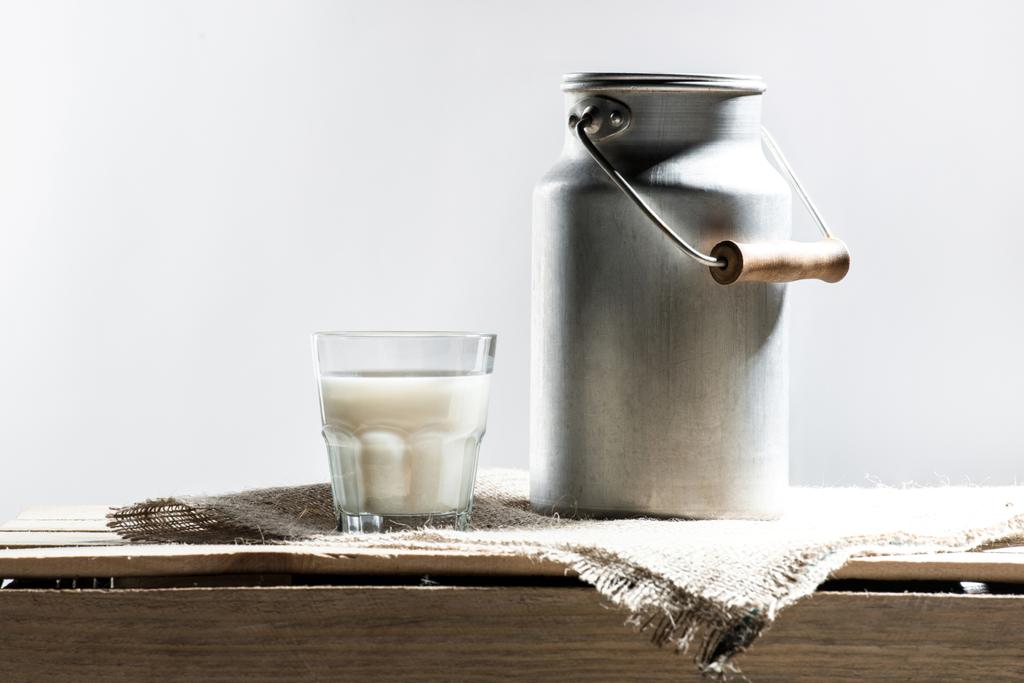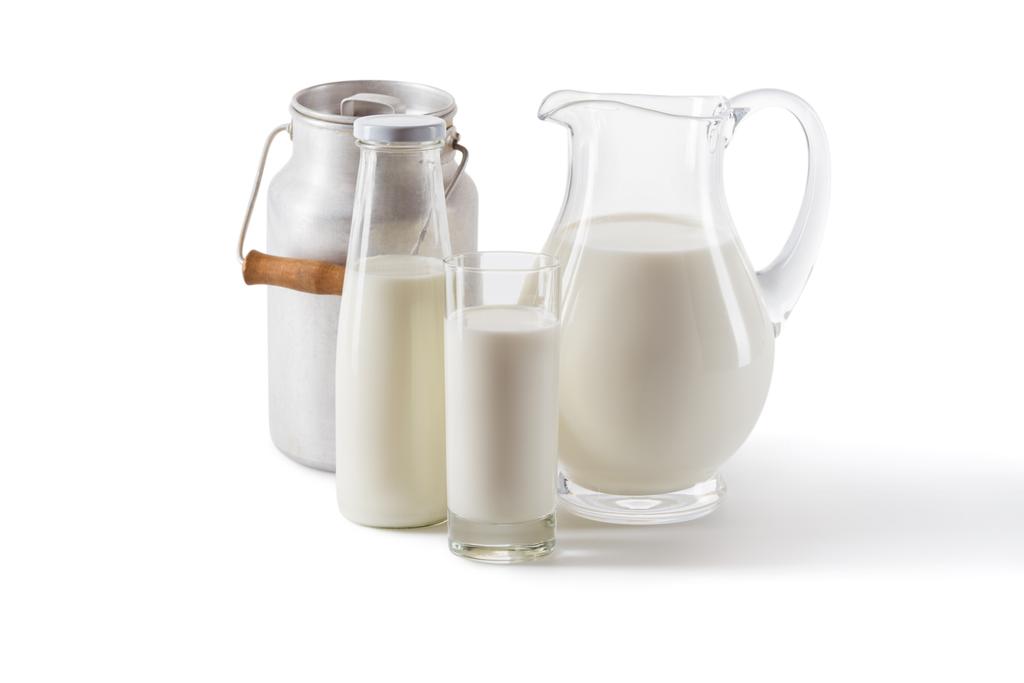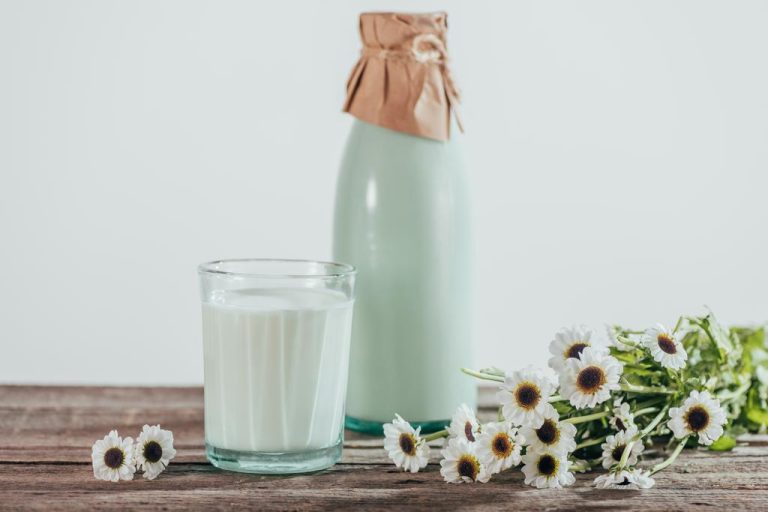Animal suffering, high water consumption and a bad CO2 balance: More and more people are switching from cow’s milk to plant-based milk. But are the cow’s milk alternatives really that much more sustainable?

Instead of cow’s milk: plant-based milk is trendy
The life cycle assessment for the production of cow’s milk does not come off too well. In addition to factory farming and the general animal suffering, this is another reason for many people to switch to plant-based milk. In addition, a Nobel Prize winner warns of cancer from beef and milk. Babies are particularly at risk.
The move away from animal milk is a general trend – sales of milk alternatives such as almond milk, soy milk or oat milk continue to increase from year to year. But do milk alternatives really do better than conventional cow’s milk in terms of sustainability?
Cow’s milk alternative: rainforest clearing for soy milk?
Soy milk is considered the most common and popular alternative to cow’s milk. However, also as the most controversial. However, the ecological balance also leaves a lot to be desired here. Around 35 million tons of soy are imported into the EU every year, 50 percent of which comes from Brazil. However, the rain forests suffer from the fact that these huge quantities of soya are transported to Europe.
At the expense of the rainforests in South America, huge fields are being planted specifically for soybean cultivation. However, it should be mentioned here that soy is not primarily used for plant-based soy products, but mainly as fodder for animals in Europe. According to the manufacturer Alpro, soy in plant drinks and similar products is made in Europe and Canada.
Oat milk performs best
Probably the most sustainable cow’s milk alternative is oat milk. The grain is mainly sourced from regional farms and, in contrast to the other dairy products and alternatives, uses relatively little water. In addition, due to the regional or at least European cultivation, the transport routes are much shorter than, for example, with almond milk. According to the Albert Schweizer Foundation, oat milk uses only 40 percent of the energy for production compared to semi-skimmed cow’s milk and at the same time requires 80 percent less space.
Almonds from California have a bad ecological balance
Most of the water is definitely used in the production of almond milk. Since about 80 percent of the almonds used come from the Californian desert and therefore extra large areas are cultivated for this, the water consumption is extremely high. In addition, almond trees per se require a relatively large amount of water. Thus, the water consumption of almond milk is about 17 times higher than that of cow’s milk. However, about a tenth fewer greenhouse gases are released in return.

The exotic: coconut milk as an alternative
Very popular, especially in Asian curries and other dishes, but not yet established as a pure milk substitute: coconut milk. According to every second coconut product contains harmful substances such as mineral oil, plasticizers or chlorate. In addition, coconut products have a pretty bad CO2 balance because of the long transport routes. This effect is intensified by the fact that the coconut palm grows quite slowly and is not very productive. Overall, the coconut milk can not score in terms of sustainability.

